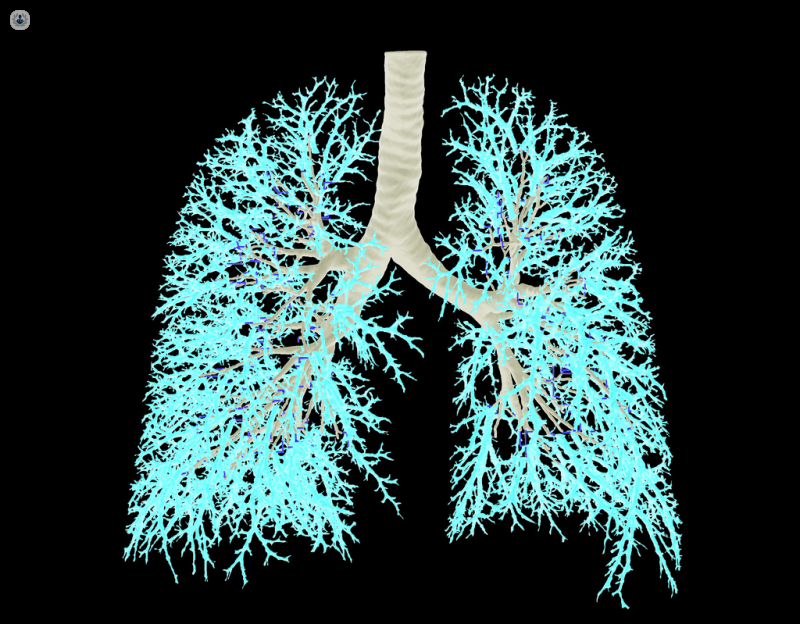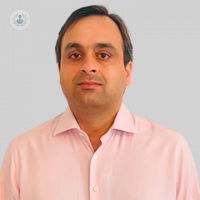Restrictive lung diseases are a category of respiratory disorders characterised by a reduction in lung volume, making it difficult for the lungs to fully expand during inhalation. Unlike obstructive lung diseases, which are marked by airflow obstruction, restrictive lung diseases primarily involve a decrease in the lungs' capacity to hold air. Here to explain more is distinguished consultant in respiratory and general medicine, Dr Shalin Diwanji.

Types and causes
Restrictive lung diseases can be classified into two main types: intrinsic and extrinsic. Intrinsic restrictive lung diseases are those that originate within the lungs themselves. Common examples include interstitial lung disease (ILD), idiopathic pulmonary fibrosis (IPF), and sarcoidosis. These conditions typically involve scarring or inflammation of the lung tissue, leading to stiffness and reduced elasticity.
Extrinsic restrictive lung diseases, on the other hand, are caused by factors outside the lungs. These can include neuromuscular diseases (such as amyotrophic lateral sclerosis or muscular dystrophy), obesity, and abnormalities in the chest wall or spine (like scoliosis or kyphosis). These conditions restrict lung expansion by limiting the movement of the chest wall or diaphragm.
Symptoms and diagnosis
Common symptoms of restrictive lung diseases include shortness of breath, particularly during exertion, a persistent dry cough, fatigue, and discomfort in the chest. In severe cases, patients may experience cyanosis (a bluish tint to the skin due to low oxygen levels) and clubbing of the fingers.
Diagnosis typically involves a combination of medical history, physical examination, and diagnostic tests. Pulmonary function tests (PFTs) are crucial, as they measure the volume of air the lungs can hold and the flow of air in and out of the lungs. Imaging studies, such as chest X-rays and high-resolution CT scans, can reveal structural abnormalities, while blood tests and biopsies might be necessary to identify underlying causes.
Treatment and management
Treatment for restrictive lung diseases focuses on managing symptoms and addressing the underlying cause. For intrinsic restrictive diseases like IPF, antifibrotic medications may slow disease progression. Corticosteroids and immunosuppressants can reduce inflammation in conditions like sarcoidosis.
In cases of extrinsic restrictive diseases, treatment may involve weight loss programs for obesity-related restrictions or physical therapy and supportive devices for neuromuscular disorders. Oxygen therapy and pulmonary rehabilitation can improve quality of life by enhancing breathing efficiency and overall physical endurance.
Living with restrictive lung diseases requires ongoing medical care and lifestyle adjustments. While these conditions can significantly impact daily life, early diagnosis and appropriate treatment can help manage symptoms and improve patients' quality of life.



